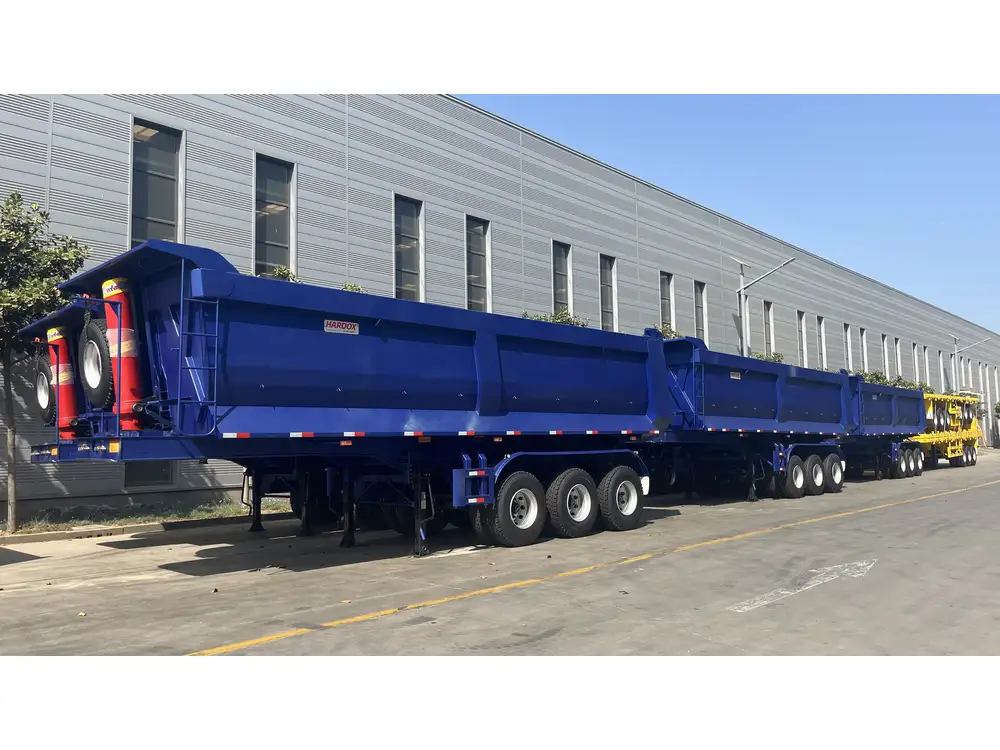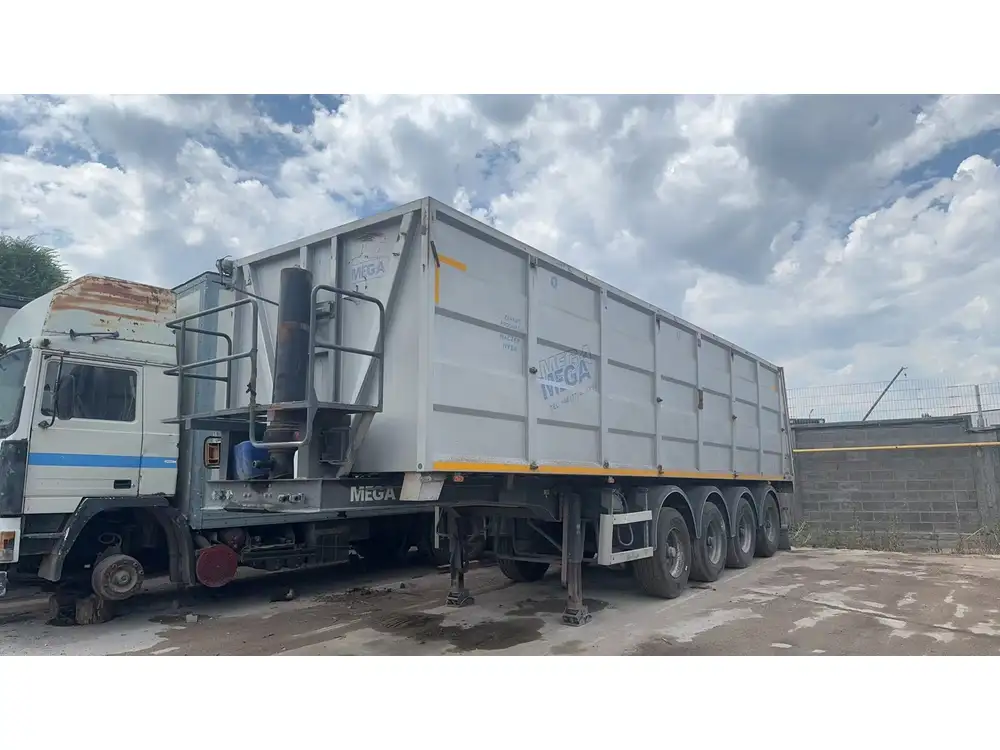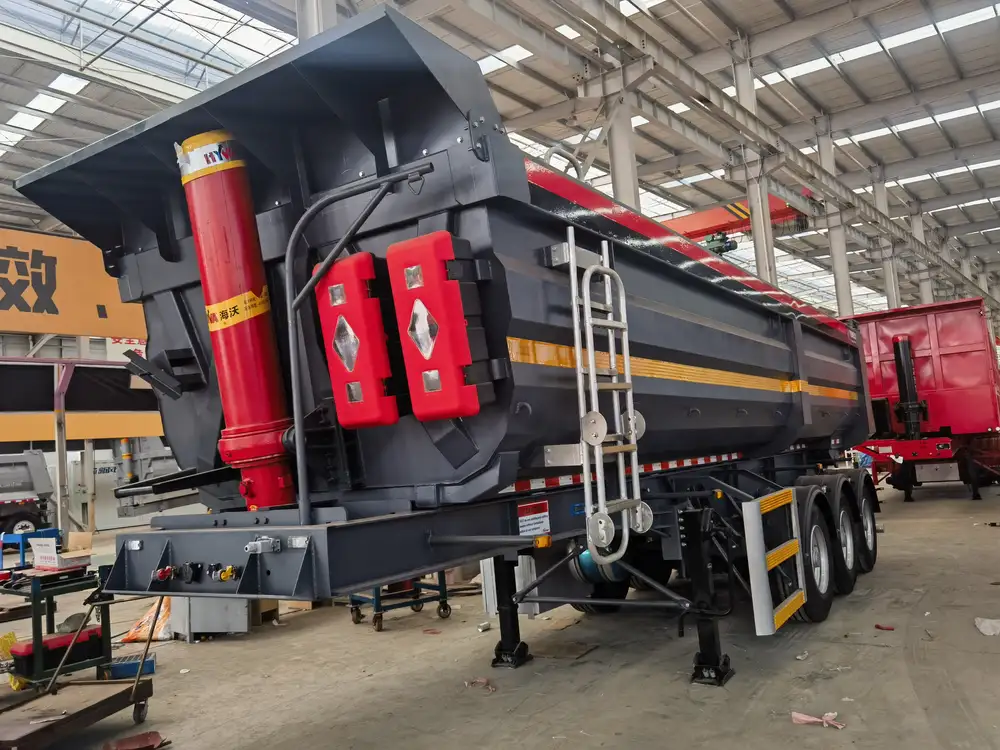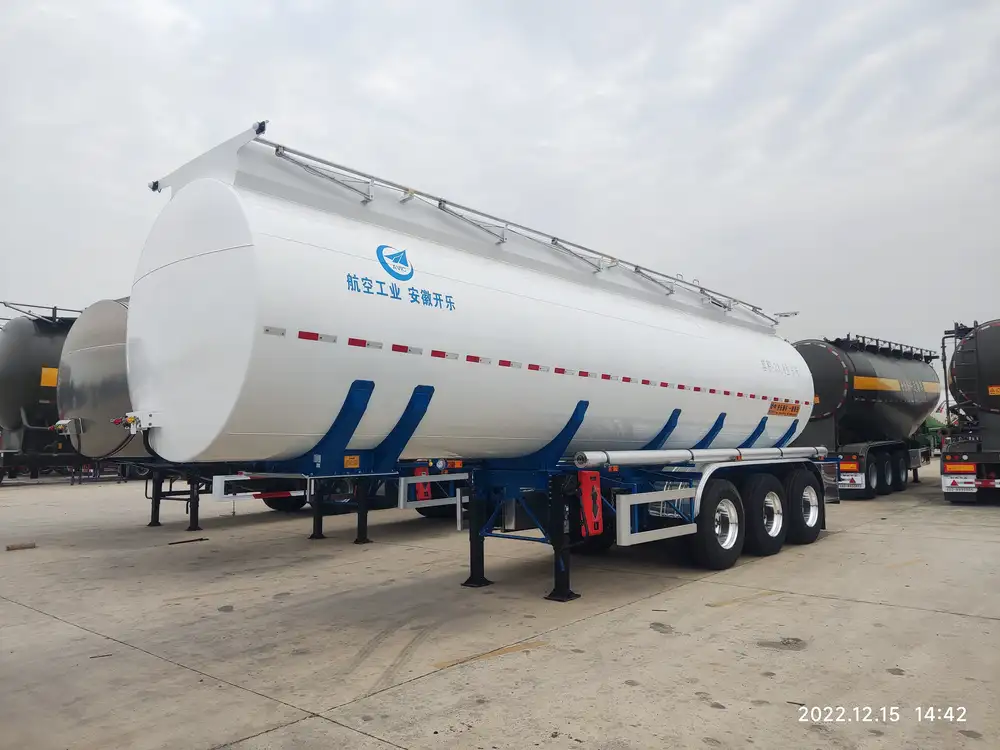Skeletal trailers are specialized transport vehicles designed primarily for carrying containers. Offering versatility, durability, and efficiency, they are indispensable in modern logistics and freight operations. In this detailed guide, we will explore everything you need to know about skeletal trailers for sale, including their specifications, benefits, options available in the market, and strategic insights to help you make an informed purchase decision.
What is a Skeletal Trailer?
A skeletal trailer is a type of semi-trailer specifically designed to transport shipping containers. Its unique skeletal frame allows for easy loading and unloading of containers, making it an essential asset for shipping companies, freight forwarders, and logistics operators. Unlike traditional enclosed trailers, skeletal trailers are open, which helps reduce their weight while maximizing payload capacity.
Key Features of Skeletal Trailers
- Resizable Framework: Adaptable structures can accommodate varying container sizes, commonly 20 and 40 feet.
- Heavy-Duty Construction: Built to withstand the rigors of heavy loads, these trailers are typically composed of high-tensile-strength steel or aluminum.
- Enhanced Loading Capabilities: Equipped with twist locks and container pins to secure different container types effortlessly.
- Lightweight Design: The skeletal nature of the trailer contributes to its lighter overall weight, enabling higher payloads without exceeding weight limits.
- Easier Maintenance: With fewer moving parts and straightforward designs, maintenance becomes simpler and more cost-effective.

Types of Skeletal Trailers Available
As you explore skeletal trailers for sale, you will encounter several variations designed to meet specific operational needs. Here are the primary types:
| Type | Description | Typical Use Case |
|---|---|---|
| Standard Skeletal Trailer | A basic design that supports open container transport. | Ideal for general container hauling in various industries. |
| Extendable Skeletal Trailer | Can be extended to accommodate longer containers (up to 45 feet). | Useful for specialized loads requiring larger dimensions. |
| Multi-Platform Trailer | Configured to transport multiple containers simultaneously. | Efficient for businesses with high freight volume. |
| Low-Loader Skeletal Trailer | Lowered profile for loading heavy containers without crane assistance. | Preferred in ports and warehouses with limited height. |
Benefits of Investing in a Skeletal Trailer
1. Increased Payload Capacity
The design of skeletal trailers facilitates the transportation of heavy and oversized shipping containers, enabling logistics companies to maximize their load capacity without compromising road safety regulations.

2. Cost Efficiency
Because of their lightweight structure, skeletal trailers reduce fuel consumption, leading to significant savings. Furthermore, businesses benefit from streamlined operations, as these trailers enable faster loading and unloading processes.
3. Versatility in Operations
Skeletal trailers can handle various container types, paving the way for diversified logistics operations. This adaptability allows carriers to service different customers and markets effectively without needing multiple trailer types.
4. Enhanced Durability
Manufactured from high-strength materials, skeletal trailers are designed to endure harsh working conditions, enhancing their longevity and reliability over time. Regular maintenance and proper care can extend their lifecycle even further.

Factors to Consider When Buying a Skeletal Trailer
1. Load Requirements
Understand the types of containers you plan to transport. Standard 20-foot and 40-foot containers are common, but additional options, such as 45-foot units, require specialized extendable designs.
2. Build Quality
Evaluate the materials used in the trailer’s construction. Higher-quality steel or aluminum frames ensure better performance and durability, especially under heavy loads and challenging conditions.

3. Payload Capacity
Determine the maximum payload you intend to carry. Opt for trailers that provide a payload capacity exceeding your current needs to allow for growth and scaling.
4. Tire Configuration
Check tire configuration and compatibility with your existing fleet of trucks. A well-balanced tire set contributes to safer driving and extended life.
5. Legal Compliance
Investigate local and national regulations regarding trailer dimensions and weight limits. Compliance with these regulations is essential to avoid penalties and ensure road safety.

Top Manufacturers of Skeletal Trailers
When considering a skeletal trailer for sale, opting for a reputable manufacturer ensures quality and reliability. Here is a list of some of the leading producers in the market today:
| Manufacturer | Country | Specialization |
|---|---|---|
| Schmitz Cargobull | Germany | Customizable trailers for container transport |
| Krone | Germany | Innovative design and technology in trailers |
| Great Dane Trailers | USA | Industry leader in skeletal and other trailer types |
| Mafi Transport System | Germany | Specializes in low-profile frame trailers |
Differentiating Features to Compare
When examining various skeletal trailers for sale, consider comparing the following features:
- Weight: Lighter trailers can improve fuel efficiency and payload capacity.
- Frame Design: Check the stability and robustness of the skeletal structure.
- Container Locks: Assess the reliability and ease of use of securing mechanisms.
- Braking System: Look for advanced braking technology for enhanced safety.
Maintenance Tips for Your Skeletal Trailer
To ensure your skeletal trailer remains in peak operating condition, follow these maintenance strategies:

Regular Inspections
- Structural Integrity: Frequently check for signs of wear and tear on the skeletal frame.
- Container Locks: Ensure all locking mechanisms operate smoothly and securely.
Tire Maintenance
- Tire Pressure: Regularly monitor tire pressure for optimal performance and safety.
- Tread Wear: Inspect for tread wear and replace tires as needed to maintain grip and stability.
Lubrication
- Moving Parts: Regularly lubricate any moving parts to reduce friction and wear.
- Brake Systems: Ensure that brake systems are well-lubricated for efficient operation.

Cleaning
- Clear the trailer of any debris and contaminants that may affect performance or safety.
Financing Your Skeletal Trailer Purchase
Acquiring a skeletal trailer represents a significant investment, and understanding the financing options available can facilitate a more manageable purchase process. Here are a few strategies to consider:
- Traditional Loans: Approach banks or credit unions that specialize in vehicle financing. Offers typically come with fixed or variable interest rates.
- Leasing Options: Leasing can provide flexibility, allowing you to use a trailer without committing to full ownership upfront.
- Manufacturer Financing: Many manufacturers offer financing programs with competitive rates for their customers.
Conclusion
Choosing the right skeletal trailer can revolutionize your transportation capabilities, improving efficiency, reducing costs, and enhancing service quality. By understanding the different types, benefits, and key specifications, you can confidently navigate your options. Always opt for trailers from reputable manufacturers, and ensure you choose one that aligns with your operational needs and compliance requirements. Investing in a quality skeletal trailer not only adds value to your fleet but also propels your logistics operations to new heights. As the market continues to evolve, staying informed about new innovations and models will keep your business ahead of the curve.



